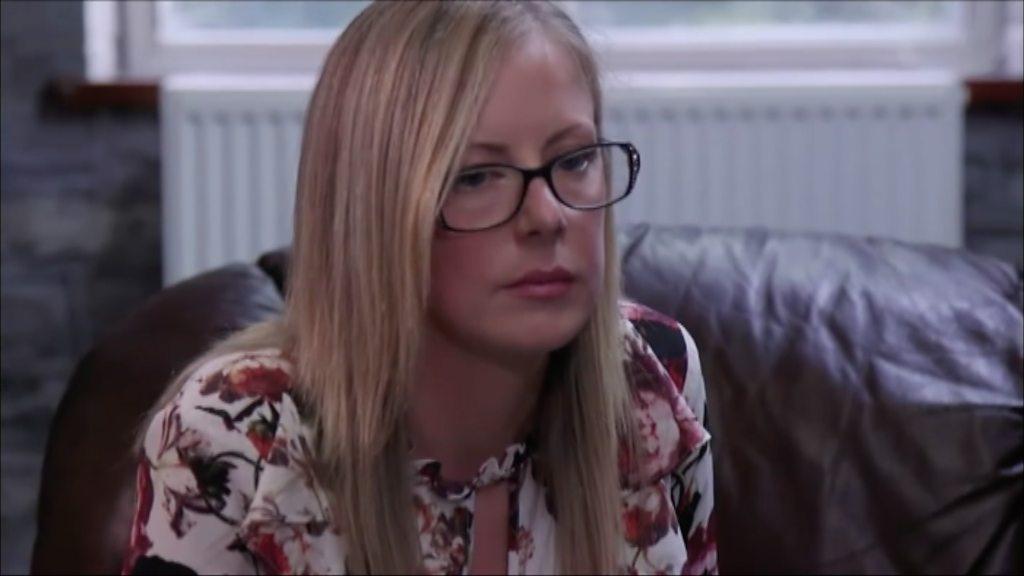Cwm Taf health board to pay £18m for disabled child's birth
- Published
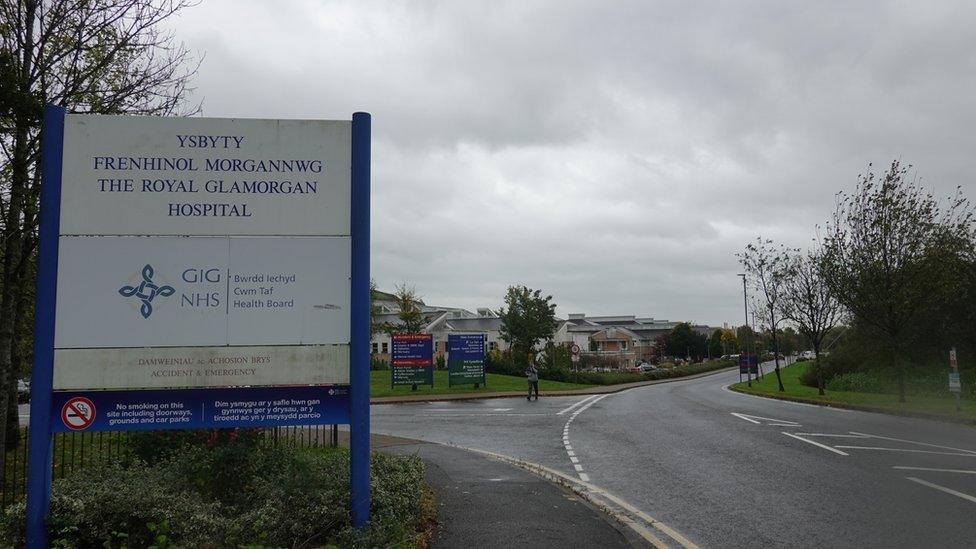
The child was born at the Royal Glamorgan Hospital in Llantrisant, Rhondda Cynon Taff
A "remarkable" child starved of oxygen and born severely disabled has been awarded £18m compensation.
The mother suffered a ruptured uterus during the birth and the family's lawyers claimed her eventual caesarean delivery was negligently delayed.
The child needs 24-hour care for life, London's High Court heard.
Cwm Taf health board admitted liability for injuries sustained in the 2012 birth at Royal Glamorgan Hospital, Llantrisant.
The seven-year-old child, who cannot be named, has spastic diplegic cerebral palsy which affects muscles in their legs, developmental delay, learning disabilities, behavioural and sensory issues.
A total settlement of £17.9m was agreed, which includes a £7.75m lump sum, and £92,000 annual payments, rising to £155,000 in 2031, to cover their care for life.
The child's mother called it a "long seven year battle" saying the hospital initially conducted a review and gave them "a scrap piece of paper concluding that no lessons needed to be learned".
"We simply could not believe that its senior medical staff, tasked with reviewing incidents involving serious, lifelong and preventable injuries, failed to identify error, after error, after error," she said.
"When you have a child with cerebral palsy, the entire family is significantly impacted. The plans and lifestyle we had, and should have had, have simply gone.
"We cannot do the things that other families take for granted with ease like going on bike rides or going to the beach. Every day is a challenge."
She said her child would never be able to work and may never be able to live independently.
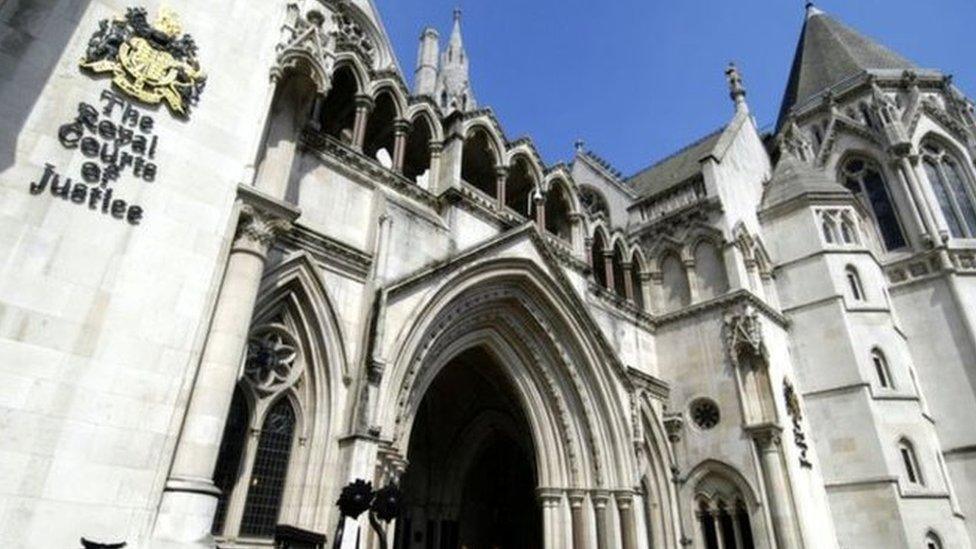
The hearing took place at London's High Court
Birth injuries specialist lawyer Diane Rostron called it a "very serious, and entirely preventable, brain injury".
She said failings started when the mother had her first child, with medical staff making a "critical error" in recording the wrong type of caesarean section incision.
"Had this essential piece of information been accurately recorded, the hospital should have known that there was a high risk of a uterine rupture in a second pregnancy prompting an early medical intervention in the lead up to our client's birth," she said.
When the mother was admitted to hospital with "significant abdominal pain", Ms Rostron said this should have prompted an "urgent review".
Instead, an impending uterus rupture was not diagnosed and instead she was left in "excruciating pain" for a few hours.
The baby's heart rate was slowing and Ms Rostron added: "The hospital continued to fail in its duties and more than seven hours after being admitted with red flag symptoms, the plan remained to simply observe mother and baby."
An emergency c-section was finally carried out eight hours after admission, with the baby suffering "27 minutes of significantly slowed heart rate before their birth".
She said it was "very concerning" the health board initially failed to recognise the emergency and failed to uphold a complaint from the family.
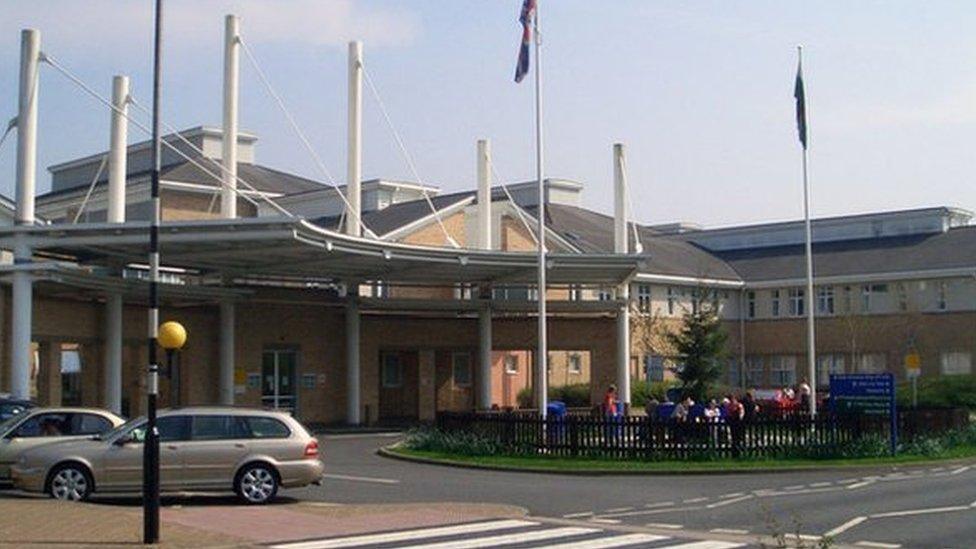
The family said there was "error after error" at the Royal Glamorgan Hospital
Representing the family at the High Court, William Featherby said the child had almost no sense of danger.
He said the child was at "high risk" when crossing the road and was slow to react to pain, once suffering serious burns when they touched a hot metal plate.
'No amount compensates'
The child could ride a tricycle if their feet were strapped to the pedals, but needed a buggy or electric wheelchair over distances of more than 100 yards, he added.
For the health board, Richard Booth acknowledged "no amount of money" could ever fully compensate the child for their birth injuries.
But he added: "On behalf of the board I would like to apologise wholeheartedly and unreservedly for the regrettable failings in care in this case.
"I would also like to pay tribute to the parents for the outstanding care that they have given [their child]."
He added the child was "remarkable".
Approving the settlement, Judge Sarah Richardson said she was "more than satisfied" it was in the child's best interests.
- Published12 March 2019
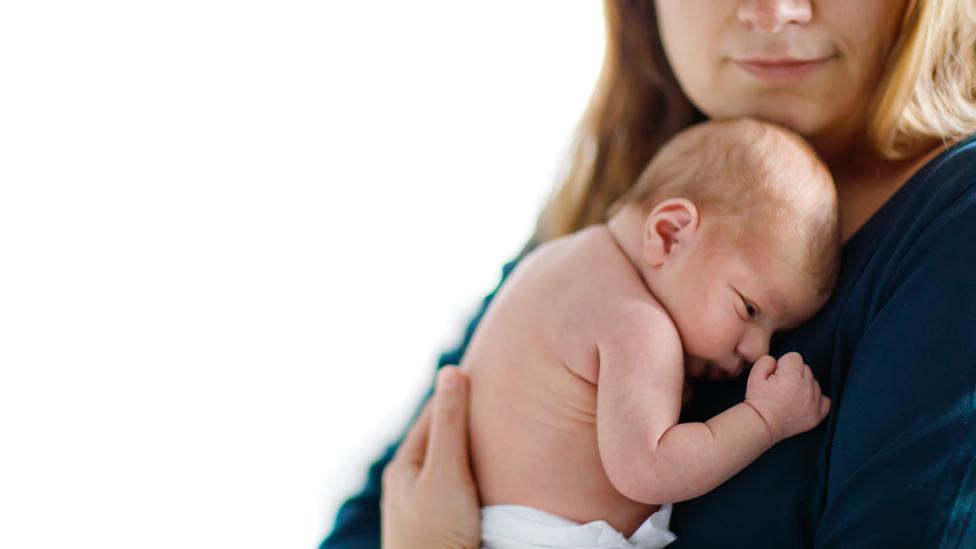
- Published8 October 2019
